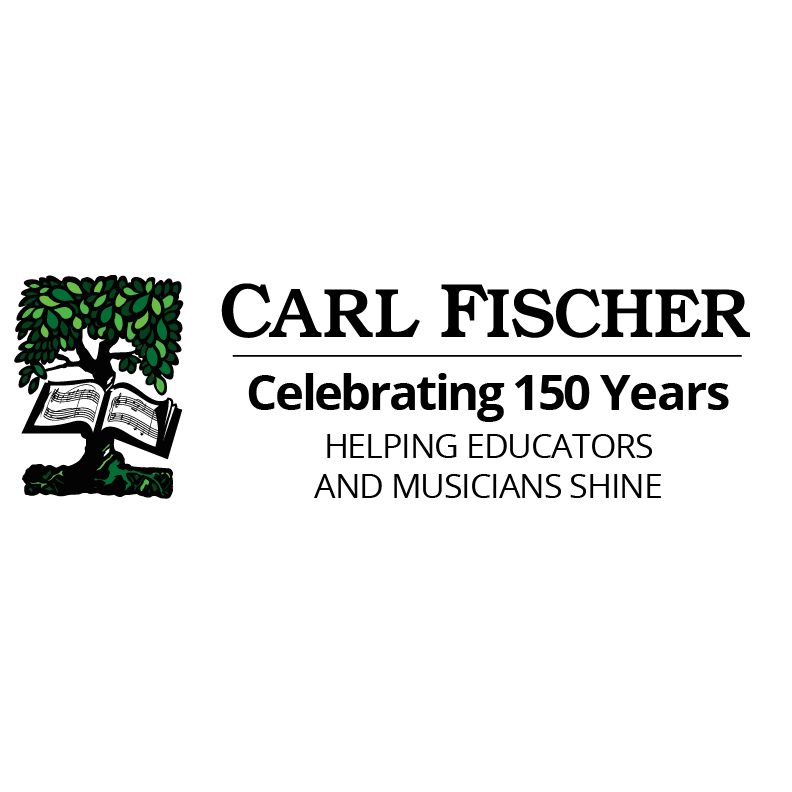For over 150 years, Carl Fischer Music has been a leader in the music publishing industry. Since its founding, our organization has had a deep and abiding commitment to sharing both traditional and contemporary music with the world.
We are proud of the contributions that we have made to the music literacy of generations of musicians through our method books–including beloved collections such as the Jean-Baptiste Arban, Hyacinthe Klosé, and Julius Weissenborn Methods—and engaging studies written and arranged by greats such as Jascha Heifetz, Franz Wohlfahrt, Joannes Rochut, Alwin Schroeder, Georg Kopprasch, and Franz Wilhelm Ferling—in addition to concert repertoire. We are honored to continue our commitment to putting forth works of the highest quality for students, teachers, professionals, and all of those musicians in between. As we look into the future, we are expanding our vision for what publishing can be, embracing technology to better suit the lifestyle of the modern musician.
The Carl Fischer Music catalog is made up of a wide selection of sheet music, music literature, and pedagogical materials by premiere composers and authors from diverse backgrounds. Our publications span multiple genres, ranging from concert music to jazz, classics, popular and choral works while representing the major instrumental groups, including woodwinds, strings, brass, percussion, voice, keyboard, and fretted instruments. Carl Fischer Music publications are available for purchase at over 2,000 retailers worldwide.


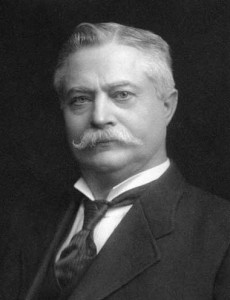
In 1872, Carl Fischer (1849-1923) opened his musical instrument repair shop in the East Village neighborhood of New York City. He supplied musicians with sheet music and instruments from Europe, meanwhile supplementing his income with professional engagements as a violinist in several orchestras and bands throughout the city. Fischer’s experiences as a musician made him particularly aware of the lack of printed music available for the many odd-sized orchestras and bands that existed at the time. He first reproduced his arrangements in longhand with permission and later adopted the lithographic process. By adding an engraver and an arranger to his staff, Fischer officially entered the world of music publishing.
In 1924, Carl Fischer Music was invited to be a member of ASCAP, adding the company’s resources to a respected network of artists and composers. The company continued to grow, necessitating the iconic building of Carl Fischer’s new headquarters in 1926, located in Cooper Square, Manhattan. This building housed administrative offices and a sprawling retail store.
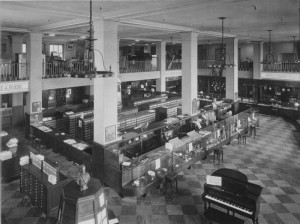
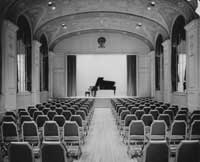
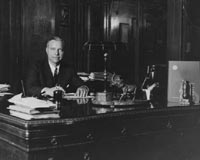
1930s — 1940s
Walter S. Fischer succeeded his father as president of Carl Fischer Music, and, in 1939, hired his son-in-law Frank Hayden Connor as his assistant. Connor later became the president of the company and opened Carl Fischer’s second retail location, which also housed a beautiful concert venue in midtown Manhattan, opposite Carnegie Hall. This five-story building was the largest sheet music store in New York City until it was sold in 1959. Carl Fischer Music published works by composers such as John Philip Sousa, William Grant Still, Vincent Persichetti, Elie Siegmeister, and Ulysses Kay in these years.1950s —1970s
Notable additions to the catalog during this time include significant works by Howard Hanson, Norman Dello Joio, Lukas Foss, Peter Mennin, Douglas Moore, and Anton Webern. During this period, Carl Fischer Music represented Oxford University Press, Paterson’s of London, Henle Verlag of Germany, and Cundy-Bettoney, and acquired the Fillmore Music catalog, and the Charles Foley catalog, which contained the compositions of Howard Hanson, Henry Fillmore, and Fritz Kreisler.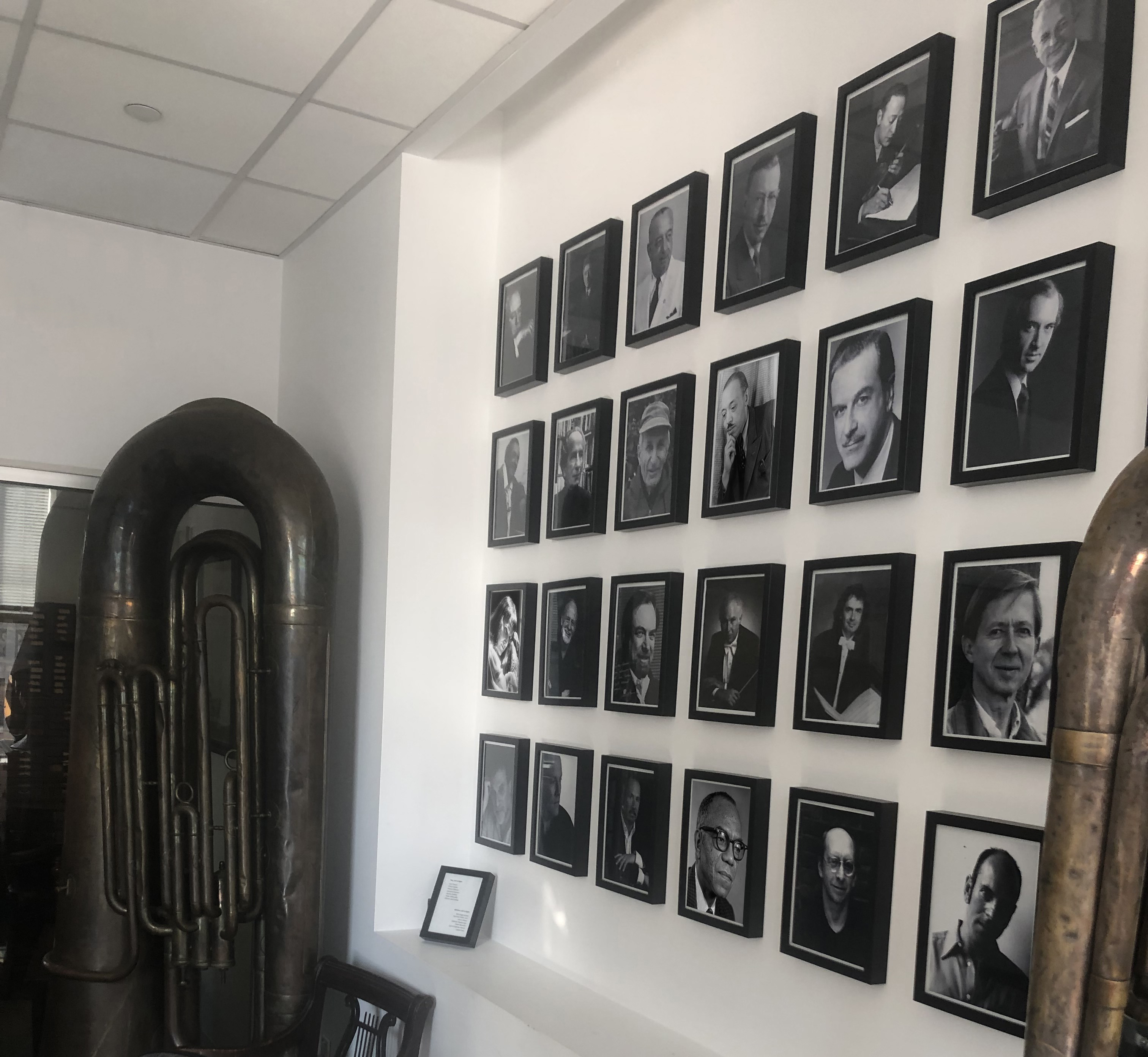
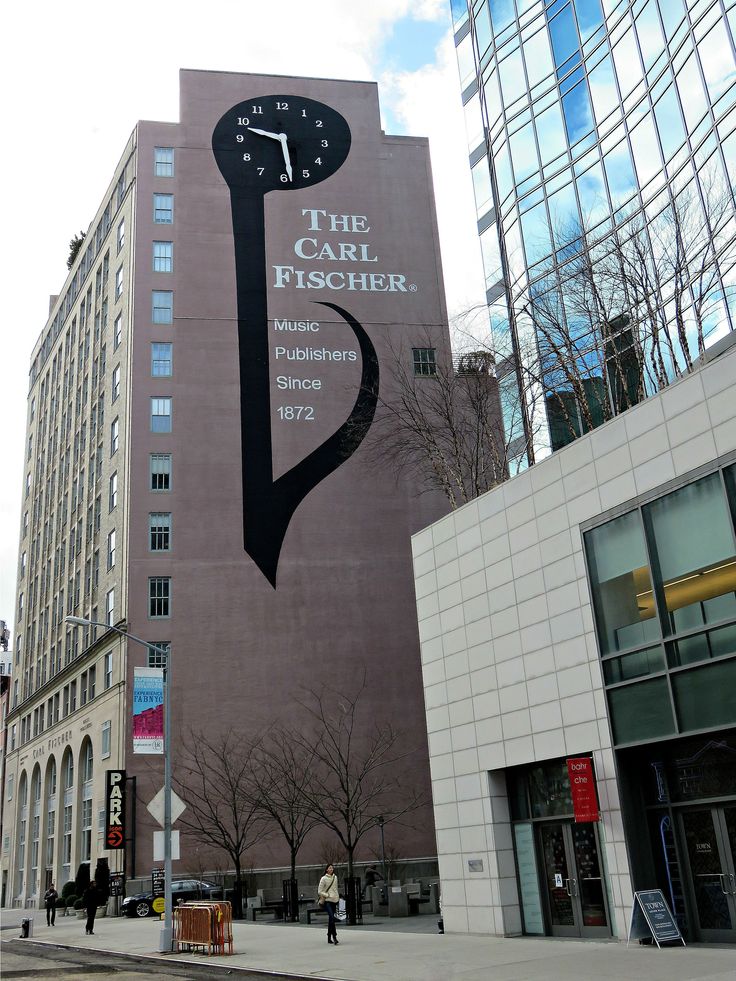
1980s —1990s
Carl Fischer Music began to publish the works of fast-rising composers such as Henry Brant, Michael Colgrass, Jason Eckardt, Daron Hagen, Lee Hyla, Martin Bresnick, David Carlson, Daniel S. Godfrey, Samuel Jones, and David Maslanka. In the late 90s, a wealth of new voices focused on education spaces entered the Carl Fischer community, including Sean O’Loughlin, Quincy Hilliard, Doris Gazda, Adam Kadmon, and Carl Strommen.2000s — 2010s
In 2004, Carl Fischer Music joined forces with Theodore Presser Company under common ownership to collaborate operationally while maintaining separate identities editorially. Carl Fischer Music was among the first in our field to develop free educational resources for school music directors and transition from paper-based mailings to digital-only packages detailing yearly new releases of band, orchestra, and choral music. In 2013 the Carl Fischer Music administrative offices moved to the Financial District, helping to revitalize downtown New York City. This period has seen the addition of works by Yukiko Nishimura, Michael John Trotta, Elliot Del Borgo, Paul Lansky, Jacob Narverud, and Janice Tucker Rhoda, among others.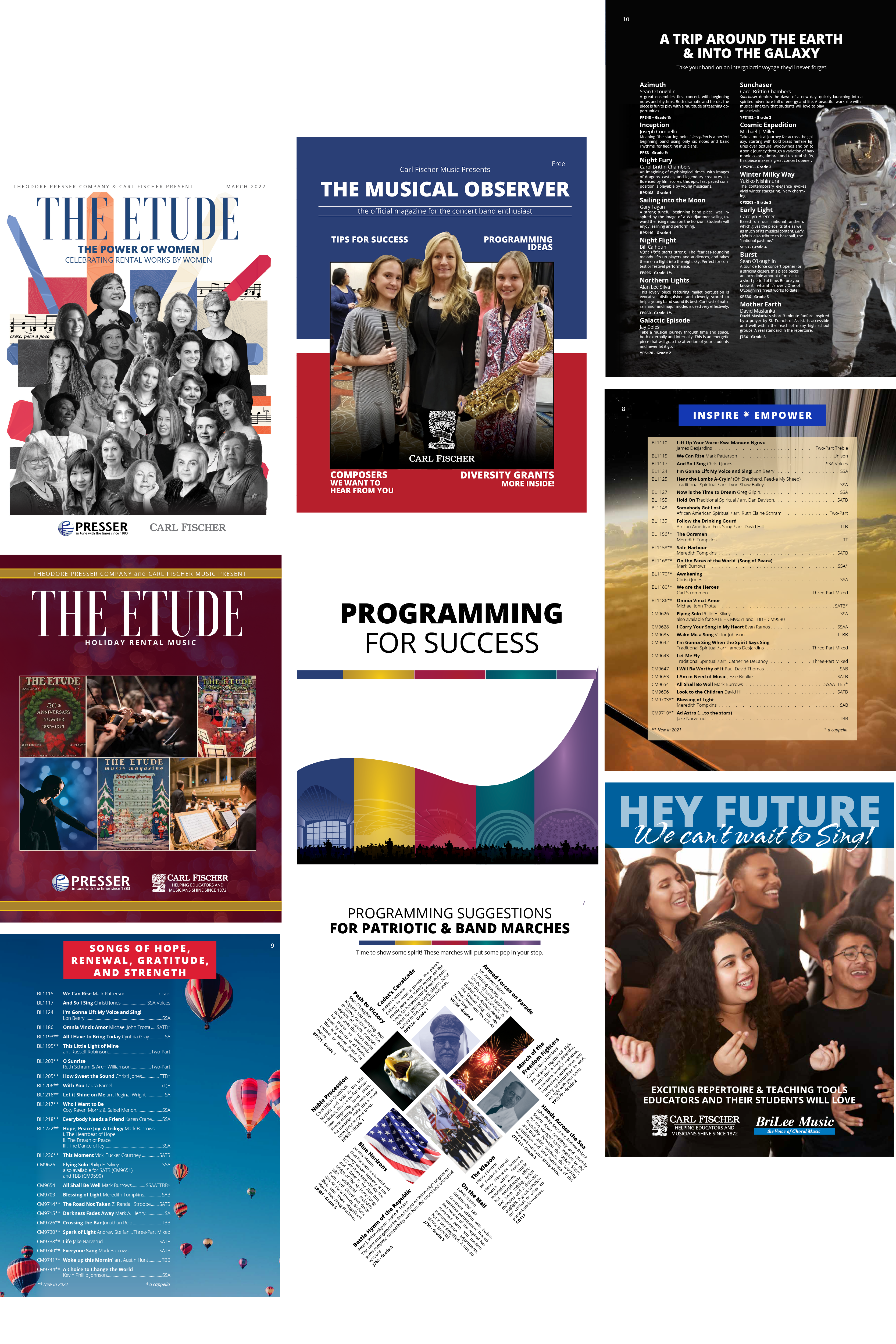
2020 — Present Day
The past several years have brought about an increase in the number of products available for digital distribution, especially via sheet music apps such as Newzik and forScore. We’ve worked to make our educational materials, including score videos and accompaniment tracks, more easily accessible to both teachers and students. Our music has been featured in major shows including Stranger Things, The White Lotus, Ted Lasso, and the Queen’s Gambit, and films such as Iron Man 2. We’ve also welcomed new and varied voices into our catalog, including Caryn Neidhold, Liam Ramsey-White, Doug Spata, Kevin Phillip Johnson, Coty Raven Morris, Amy Webb, Aaron McMichael, and D.I.D. Choi.
Looking back on our origins as an instrument repair shop on East 4th Street in Manhattan, we are proud to continue to publish new educational and concert music for every instrument and voicing. As we help usher our industry into a era of new technology and business practices, we thank composers, retailers, educators, and performers for being part of our rich history.
